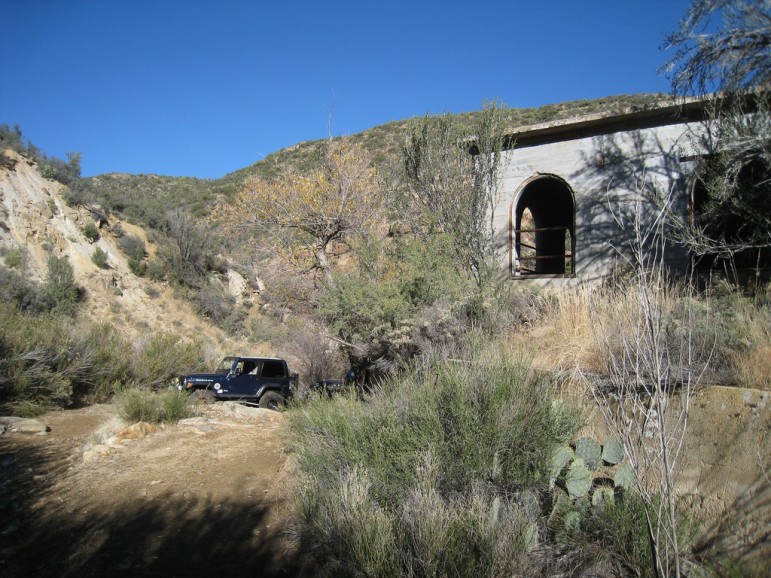
August 26, 2015; Arizona Daily Sun
Here’s a twist on public-private partnerships: community-based nonprofits teaming up with local government officials and tribes to advocate for the reform of mining regulations. It comes as a result of the leaking of three million gallons of orange wastewater from an abandoned gold mine in Colorado.
A coalition of local government agencies, tribes, and nonprofits submitted a petition demanding reform of mine regulations, according to a story in the Flagstaff, Arizona Daily Sun. The coalition includes Coconino and San Miguel Counties, the Grand Canyon Trust, Earthworks and three Native American tribes.
The petition was submitted Tuesday to the Bureau of Land Management and the U.S. Forest Service. It was filed under the Administrative Procedures Act, which allows the public to request retroactive changes to federal rules, requiring the agencies to respond, rather than seeking a legislative fix to change the law. The petition says that changes are needed to the agencies’ outdated mining rules to protect the West’s water resources from future environmental disasters like the Gold King Mine spill.
Sign up for our free newsletters
Subscribe to NPQ's newsletters to have our top stories delivered directly to your inbox.
By signing up, you agree to our privacy policy and terms of use, and to receive messages from NPQ and our partners.
The paper lists the requests in the petition:
- Limiting the duration of a mine’s permit to 20 years
- Requiring that mines receive new federal approvals and updated environmental and historic resource reviews after more than 10 years of inactivity
- Making regular inspections during periods of mine inactivity and requiring operators to regularly provide information about the status and conditions of their mines during that period
- Improving the reclamation process for closed or abandoned mines by requiring long-term monitoring of surface water and groundwater quality and imposing deadlines for completing reclamation activities
The petition is focused primarily on uranium mining on the Colorado Plateau, and the environmental problems posed by abandoned mines that reopen after long periods of inactivity without undergoing environmental review or complying with updated regulations. The coalition says that such mines are “polluting surface waters and groundwater, contaminating soil, adversely impacting sensitive species and their habitat, risking harm to sensitive cultural and historic resources, and imperiling human health.”
Because of its location, Coconino County is particularly vulnerable to contamination from old uranium mines. A county supervisor called the 1872 Mining Act governing the mines “completely and totally ineffective.”
The Daily Sun says that in contrast to previous unsuccessful attempts at reforming the law, most recently in 2009 in the U.S. Senate, reforming the mining regulations could be more achievable. Reforming the law would make comprehensive changes where rule changes cannot, although the rule changes reflect current thinking at the BLM and Forest Service.—Larry Kaplan













